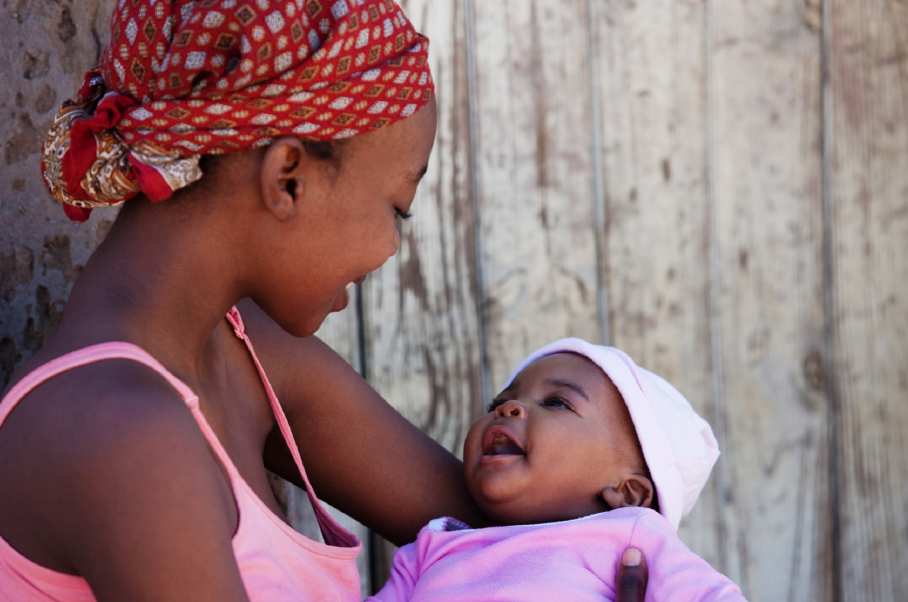

Johannesburg, 26 June – In a joint appeal published in The Lancet, 44 leading scientific and social organisations from across the globe are calling on Gavi, the Vaccine Alliance, to take urgent action to save millions of young lives by protecting them against RSV.
GAVI is a global partnership that works to ensure access to life-saving vaccines for children in the poorest countries. In collaboration with the World Health Organization (WHO), Gavi has already saved millions of lives by vaccinating children against other major life-threatening diseases.
RSV (respiratory syncytial virus) is a highly contagious virus that causes serious illness in many young children every year. Worldwide, more than 100,000 children under the age of five die from RSV every year, with 97% of these occurring in low- and middle-income countries (LMICs). Infants under six months old are particularly vulnerable, accounting for approximately 45% of RSV-related deaths. These deaths and serious illnesses can be prevented by vaccinating mothers or by giving babies protective treatment after birth.
In 2018, the Gavi Board acknowledged RSV as a priority and signalled support for adding RSV immunisation to its vaccine portfolio, as soon as effective products have been approved by the Strategic Advisory Group of experts (SAGE) of the World Health Organisation (WHO) and sufficient funding is available.
Now, two highly effective products have been approved and introduced in many high- and upper-middle-income countries: the RSVpreF vaccine for pregnant women and RSV monoclonal antibody Nirsevimab for newborn babies. In 2024, the WHO’s SAGE recommended that “All countries introduce products for the prevention of severe RSV disease in infants.”
The availability of sufficient funding is a prerequisite for GAVI to expand its vaccine portfolio with products that protect infants against RSV. However, global funding for vaccination programmes is under growing pressure. This has far-reaching consequences for countries with high child mortality and places additional pressure on Gavi’s budget and its ability to support the introduction of new life-saving interventions.
Co-authors Profs Shabir Madhi and Michelle Groome at the South African Medical Research Council Vaccines & Infectious Diseases Analytics (VIDA) Research Unit, University of the Witwatersrand: “Although recognising the substantial budgetary challenges facing the Gavi Board, we urge the Gavi board to prioritise RSV prevention and ensure equitable access to RSV prevention. In addition, there is a need for tiered pricing for non-Gavi eligible, middle-income countries like South Africa to ensure affordability and access. All children should be protected against RSV, regardless of where they are born.”
*****
If you would like more information or an interview, please contact:
Shabir Madhi shabir.madhi@wits.ac.za
Michelle Groome michelle.groome@wits-vida.org
Ziyaad Dangor ziyaad.dangor@wits-vida.org
Related Articles
-
The benefits and harms of breast cancer screening: an independent review
BY Jai K Das -
CEPI welcomes announcement from Pfizer / BioNTech of positive interim data from Phase III trial of COVID-19 vaccine candidate
BY CEPI -
Serious and Life-Threatening Pregnancy-Related Infections: Opportunities to Reduce the Global Burden
BY Courtney A. Gravett -
Essential Interventions, Commodities and Guidelines for Reproductive, Maternal, Newborn and Child Health
BY Jai K Das -
mHealth for Midwives: A Call to Action
BY Jai K Das
Please Sign in (or Register) to view further.